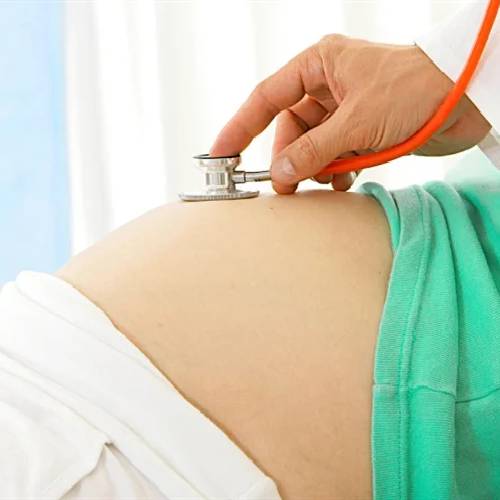High Risk Obstetrics
High Risk Obstetrics
All pregnancies convey gambles. The meaning of a “high-risk” pregnancy is any pregnancy that conveys expanded wellbeing takes a chance for the pregnant individual, hatchling (unborn child) or both. Individuals with high-risk pregnancies might require additional consideration previously, during and after they conceive an offspring. This assists with lessening the chance of entanglements.
Nonetheless, having a pregnancy that is viewed as high gamble doesn’t mean you or your unborn child will have issues. Many individuals experience sound pregnancies and ordinary work and conveyance in spite of having unique wellbeing needs.

- What causes high-risk pregnancy
- Common Medical Risk Factors
- Signs and Symptoms
Factors that make a pregnancy high risk include:
- Preexisting health conditions.
- Pregnancy-related health conditions.
- Lifestyle factors (including smoking, drug addiction, alcohol abuse and exposure to certain toxins).
- Age (being over 35 or under 17 when pregnant).
People with many preexisting conditions have increased health risks during pregnancy. Some of these conditions include:
- Autoimmune diseases, such as lupus or multiple sclerosis (MS).
- COVID-19.
- Diabetes.
- Fibroids.
- High blood pressure.
- HIV/AIDS.
- Kidney disease.
- Low body weight (BMI of less than 18.5).
- Mental health disorders, such as depression.
- Obesity.
- Polycystic ovary syndrome (PCOS).
- Thyroid disease.
- Blood clotting disorders
Talk to your doctor right away if you experience any of the following symptoms during pregnancy, whether or not your pregnancy is considered high-risk:
- Abdominal pain that doesn’t go away.
- Chest pain.
- Dizziness or fainting.
- Extreme fatigue.
- Your unborn baby's movement stopping or slowing.
- Fever over 100.4°F.
- Heart palpitations.
- Nausea and vomiting that’s worse than normal morning sickness.
- Severe headache that won’t go away or gets worse.
- Swelling, redness or pain in your face or limbs.
- Thoughts about harming yourself or your unborn baby.
- Trouble breathing.
- Vaginal bleeding or discharge.
